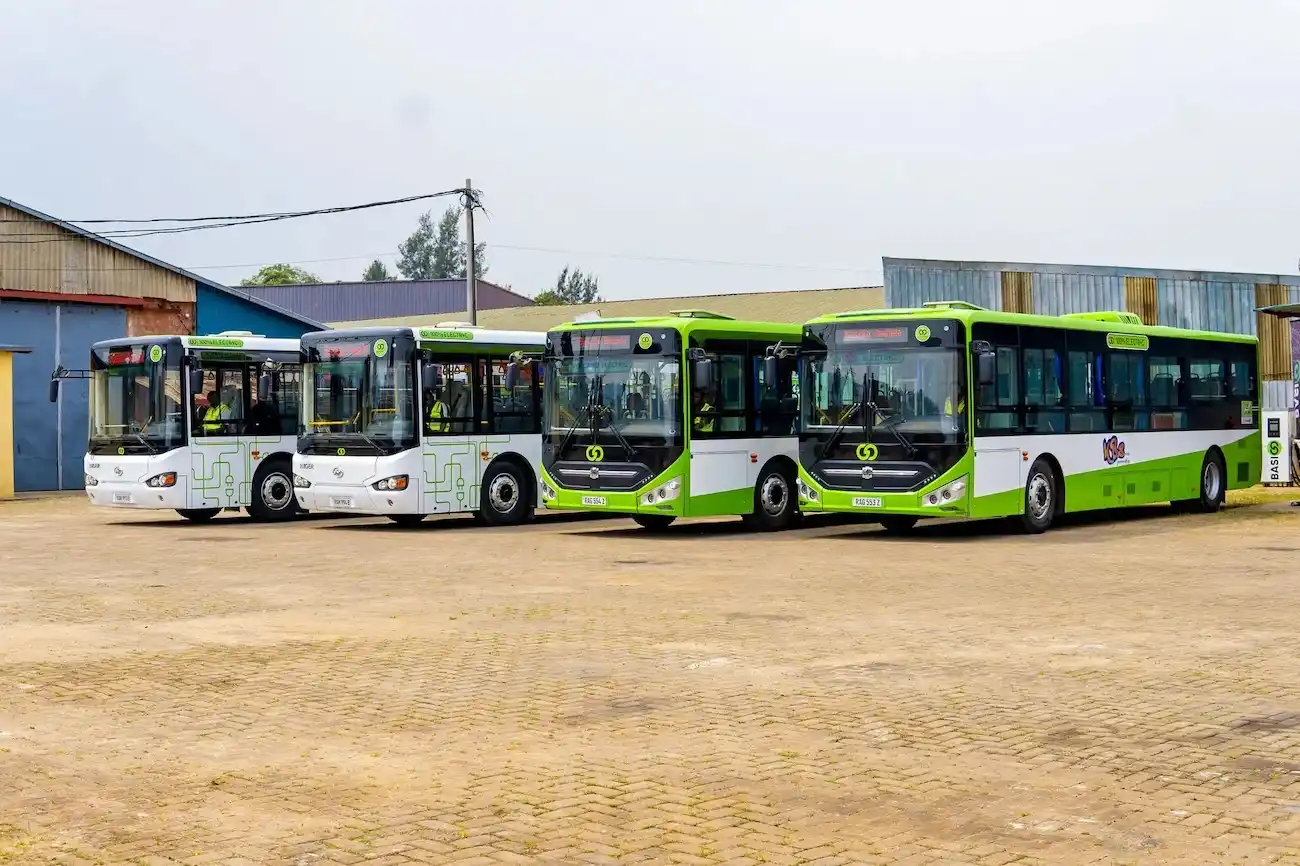Kenyan electric bus manufacturer BasiGo has announced it now assembles up to 20 electric buses per month. This is double its previous monthly output of 10 buses. This production upgrade comes after the company’s successful Ksh 5.4 billion funding raise last year.
According to CEO Moses Nderitu, most of the funding has been allocated to capital expenditures such as purchasing assembly kits, tools, and setting up new charging depots. The remaining part has gone into hiring skilled workers to scale its production capacity.
“Assembly has increased. When we first started, it was taking a very long time. Now, we deliver up to 10 buses a month and from Q3 we’ll be able to deliver 20 buses a month,” said Nderitu.
Despite the increased output, BasiGo is struggling to keep up with demand. The company has a backlog of over 500 undelivered orders and has stopped accepting new deposits since last year. Instead, new customers are added to a growing waitlist, which now exceeds 1,000 entries.
“We no longer take deposits on new orders. We just take customer details and add them to the waitlist,” Nderitu told Business Daily.
BasiGo has delivered 50 buses since its inception and plans to deliver 80 more by the end of 2025. If achieved, this will bring the total number of electric buses on Kenyan roads to 130.
“It’s encouraging that even with the delays and the backlog, we still see a very good appetite for the buses and we’re not seeing any clients dropping off despite the long wait,” added Nderitu.
Charging Infrastructure Expansion
To support the growing fleet, BasiGo is actively expanding its charging infrastructure along key commuter routes in Nairobi. The company has opened new depots along high-traffic corridors including Jogoo Road, Thika Road, and Ngong Road.
This infrastructure rollout is needed if we are to see mass adoption of electric buses in Nairobi. The lack of this infrastructure means that reliable charging remains a key concern for potential customers.
Also Read: BasiGo Secures $42 Million in Equity and Debt to Drive Electric Bus Growth in East Africa



